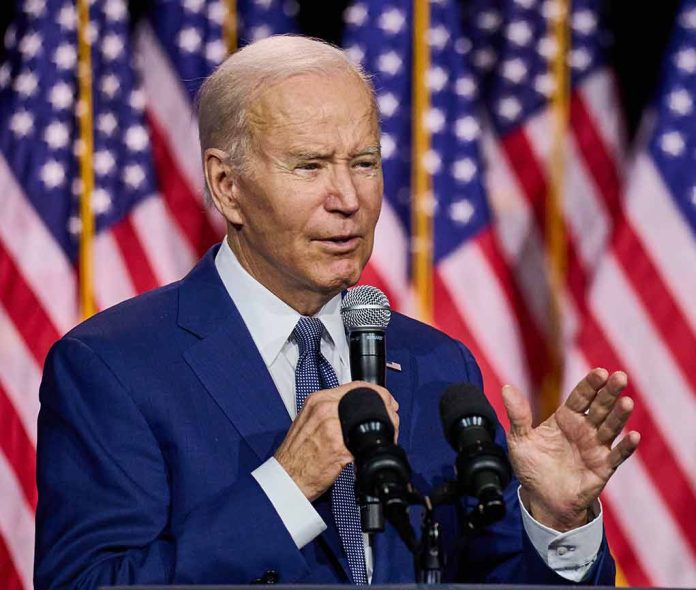
Background on the Security Meeting
President Biden’s preemptive security meeting with his national security team regarding the anticipated Iranian attack on Israel has sparked diverse reactions within Congress. The meeting, prompted by heightened tensions following the assassination of senior Hamas and Hezbollah leaders, aimed to address potential threats and strategize responses to protect U.S. interests and allies in the region.
The urgency of the situation was underscored by the U.S. repositioning military assets and bolstering defenses in the Middle East. This proactive approach reflects the administration’s commitment to preventing a broader regional conflict while reaffirming support for Israel’s defense.
Congressional Reactions
Members of Congress have expressed mixed opinions on Biden’s preemptive actions. While some lawmakers praise the administration’s swift response and commitment to regional stability, others question the extent of U.S. involvement and potential ramifications for future foreign policy in the Middle East.
“We are not talking about separate fronts anymore. This is an open campaign on all fronts and there is no doubt [the war] has entered a new phase.” – Hassan Nasrallah
The diverse reactions highlight the complex nature of the situation and the challenges in balancing diplomatic efforts with military preparedness. Some congressional leaders have called for increased transparency regarding the administration’s strategy, while others emphasize the need for bipartisan support in addressing potential threats.
Military and Diplomatic Actions
The U.S. has taken significant steps to address the evolving situation, including repositioning military assets and enhancing defensive capabilities in the region. These measures aim to deter potential attacks and demonstrate solidarity with Israel.
Simultaneously, diplomatic efforts are underway to de-escalate tensions and prevent a broader conflict. The administration is engaging with international partners and regional stakeholders to promote dialogue and explore peaceful resolutions to the crisis.
Impact on U.S.-Israel Relations
The current situation has further strengthened the longstanding alliance between the United States and Israel. Biden’s proactive approach and unequivocal support for Israel’s defense have been well-received by Israeli officials and many members of Congress.
“Israel is in a multifront war against Iran’s axis of evil. We are striking every one of its arms with great force. We are prepared for any scenario – both offensively and defensively.” – Benjamin Netanyahu, Prime Minister of Israel
However, the ongoing crisis also raises questions about the future of U.S. foreign policy in the Middle East. Some lawmakers express concerns about potential long-term implications and the need for a comprehensive strategy to address regional stability and security challenges.
Sources
- U.S. prepares to counter Iranian attack on Israel within days, U.S. officials say
- Israel Braces for Attack by Iran as US Urges Gaza Cease-Fire
- Biden to meet with national security team ahead of anticipated Iranian attack against Israel
- U.S. prepares to counter Iranian attack on Israel within days, U.S. officials say
- Biden weighs more US defenses for Israel as the region prepares for Iranian retaliation
More from Around the Web
Iran retaliation against Israel expected soon | LiveNOW from FOX:
Israel-Hamas war: Russian Pres. Putin warns Iran against major attack on Israel | LiveNOW from FOX:
Biden meeting with his national security team as US pledges ‘support’ for Israel against Iran;
Biden meeting with his national security team as US pledges 'support' for Israel against Iran https://t.co/CgM8SrnBPn
— WUSA9 (@wusa9) April 13, 2024
Biden reiterates US support to Israel after unprecedented Iranian retaliatory attack.;
Biden reiterates US support to Israel after unprecedented Iranian retaliatory attack.
Meanwhile, Israel’s security cabinet convenes to discuss next steps. https://t.co/Ou1oCGi7AL
— Jared Szuba (@JM_Szuba) April 13, 2024









